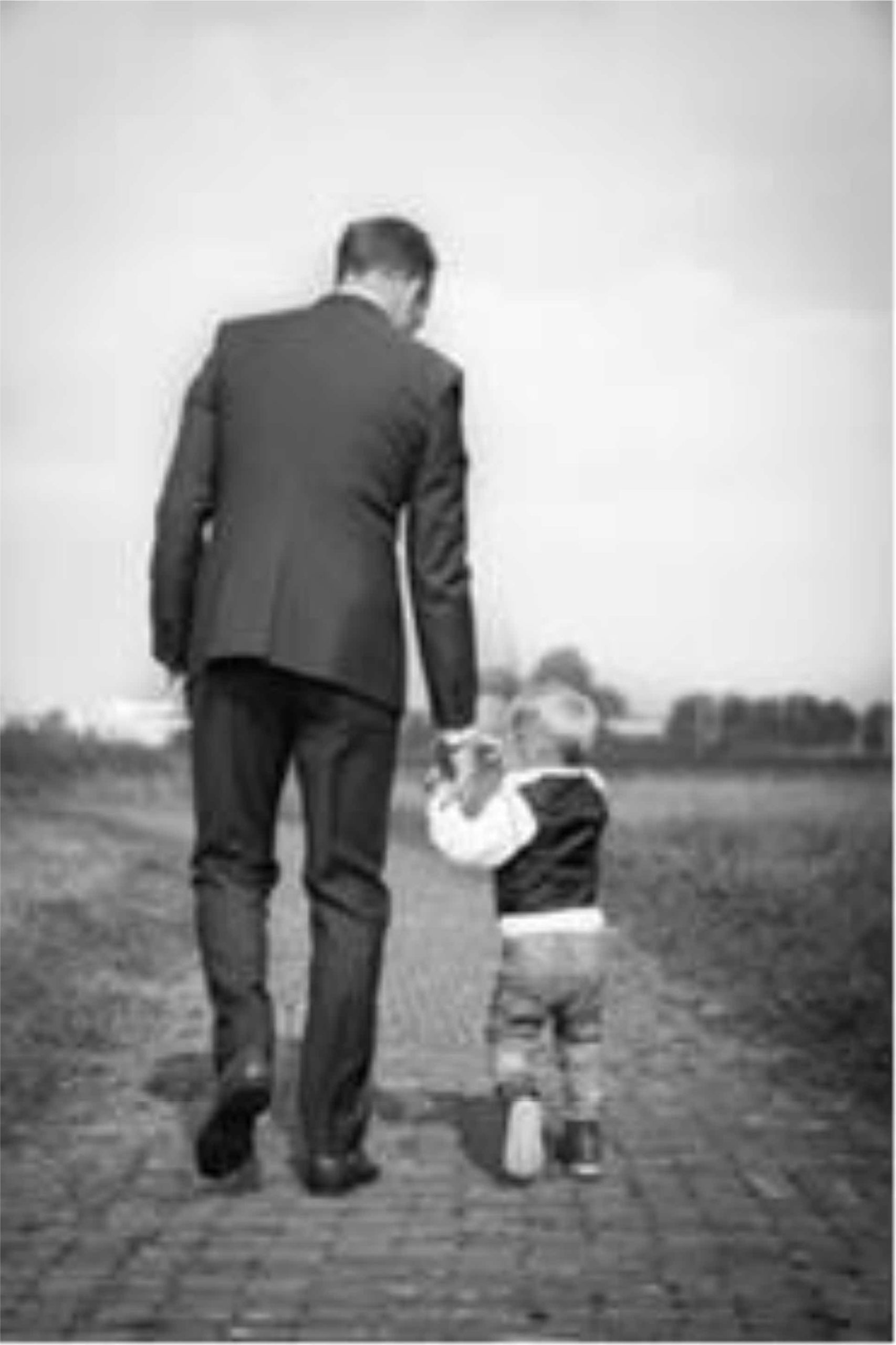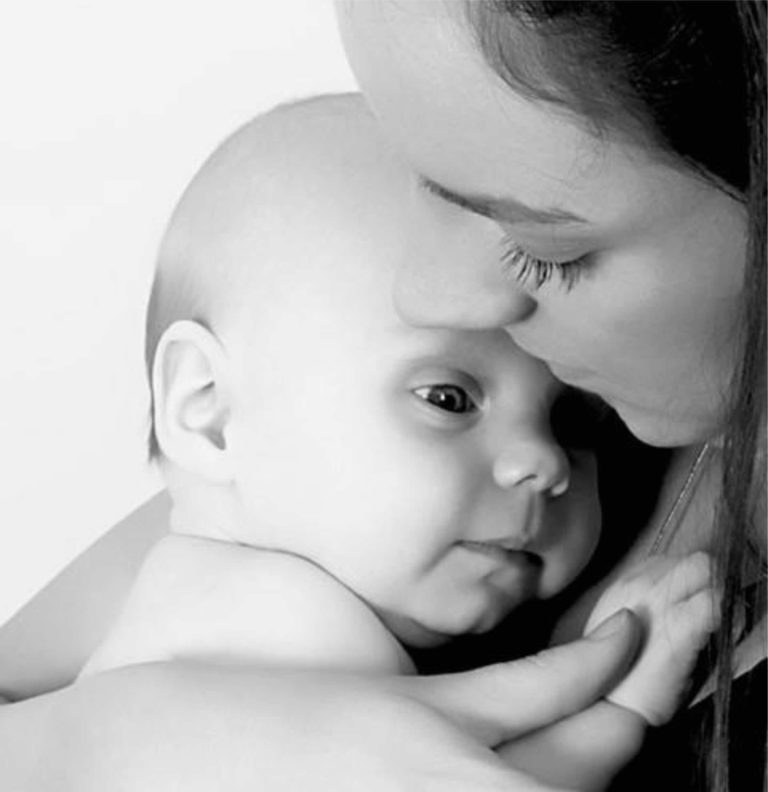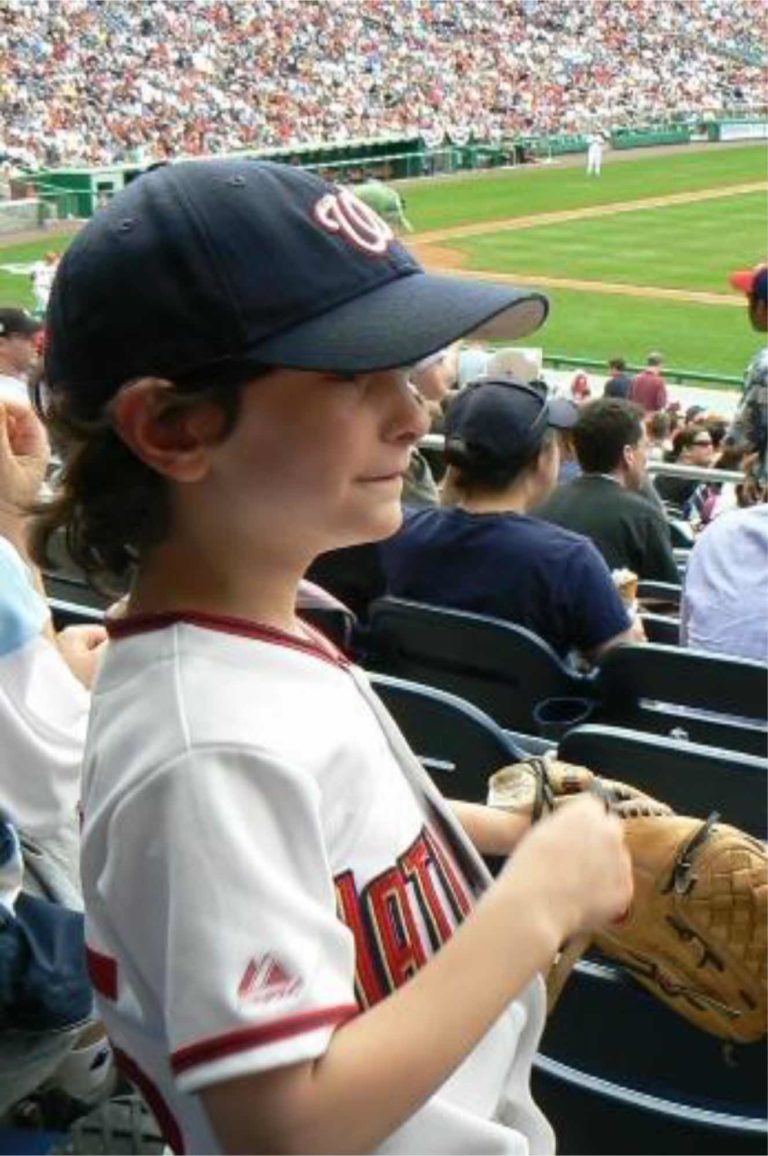I was twice a refugee from the Holocaust – first, from Austria to France and seven years later, from France to the United States. The disruptions in the lives of refugees are profound and adjustments to radically changed personal circumstances, different cultures and languages are never fully realized. I became acutely aware of the role that a change of language plays in the rupture of memory and of the mourning experience in the following situation.
I was born in Linz, Austria (Hitler’s hometown) and spent my childhood and early adolescence there. My father died when I was six years old and he had always spoken to me with the typical local accent and intonation since Linz was also his hometown. My memories of my father were limited since I was so young when he died. Perhaps the demands to focus on adjustments to new circumstances as a refugee played a role in obscuring early memories.
As a middle-aged professional, I attended a German-speaking psychoanalytic meeting in Bad Ischl, Austria, a town close to my hometown where people spoke with the same accent and intonation as my father. I had not dreamt about him for years, but suddenly I experienced a nightly avalanche of dreams in which he spoke to me in the familiar accent. In Freud’s sense, the “day residue” of language triggered some aspects of my dream. I relived moments of closeness with my father, particularly a scene in which people laughed but told me that I would not understand the joke. My father took me in his lap and said that of course I would understand and told me a joke that I did understand.
Dreams can contribute to a sense of continuity in one’s life and also to the newly activated sense of interrupted loss and mourning.



